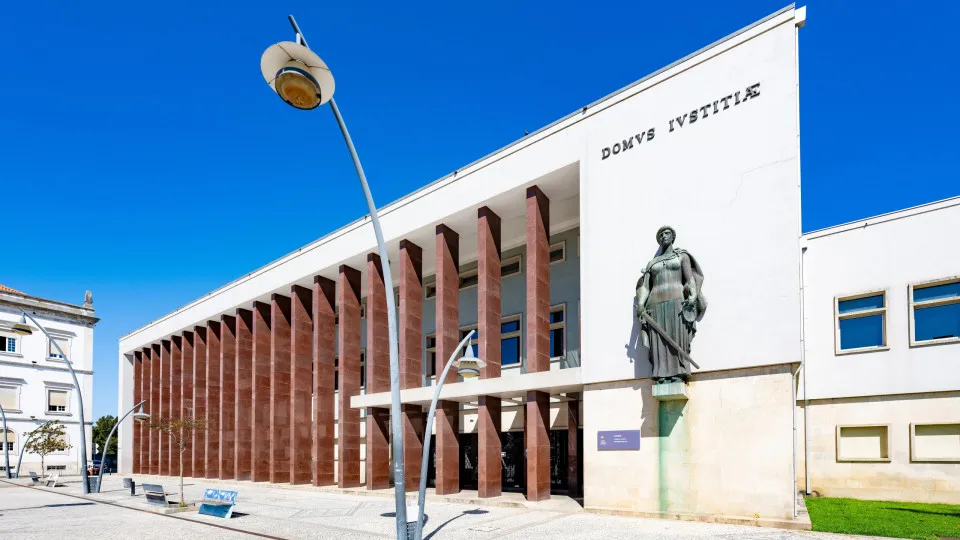
“It is evident that it undermines organizations to some extent when the state finds its employees involved in criminal networks, as this ultimately harms its image,” stated Francisco Rodrigues, regarding the arrest of 10 GNR officers and one PSP officer in a network aiding illegal immigration and exploiting immigrants.
In any organization, “whether public or private, there are bad apples,” but “institutions are too large to be truly affected by these cases,” noted the leader of OSCOT.
GNR and PSP are “very dignified structures that hold significant importance for the state and society,” which means this case “weakens but does not shake the institutions,” he added.
Nonetheless, such cases demand “constant vigilance” from the hierarchies, which must act decisively in investigating these instances.
Rodrigues further mentioned that “when and if the commission of crimes compromising the state and institutions is proven, these individuals must be dismissed to set an example for society and to demonstrate that the organizations are indeed alert to such phenomena.”
Seventeen individuals, including ten GNR officers and a PSP member, were detained in a Polícia Judiciária (PJ) operation that dismantled a criminal organization controlling hundreds of workers in Beja, Portalegre, Figueira da Foz, and Porto.
The investigation addresses crimes such as facilitating illegal immigration, forgery, tax fraud, and money laundering.
Authorities revealed that the criminal network controlled hundreds of foreign workers, most of whom were in Portugal illegally.
A police source revealed that a total of 17 people were apprehended—those covered by the arrest warrants—comprising the 10 GNR officers in Beja, one PSP agent, and six civilians.
“Not all arrests occurred in the Beja region,” the source added, noting that most of the immigrant workers victimized by the network “are of Hindu origin.”
According to the PJ, “through temporary employment companies established for this purpose, [the network] exploited their vulnerability, charging for accommodation and food and coercing them through threats, with multiple episodes of physical assault.”
The cited police source further confirmed that “the criminal group, primarily composed of Portuguese citizens, exploited the immigrants, mostly in Portugal illegally, and forged documents for them to work in the country.”




